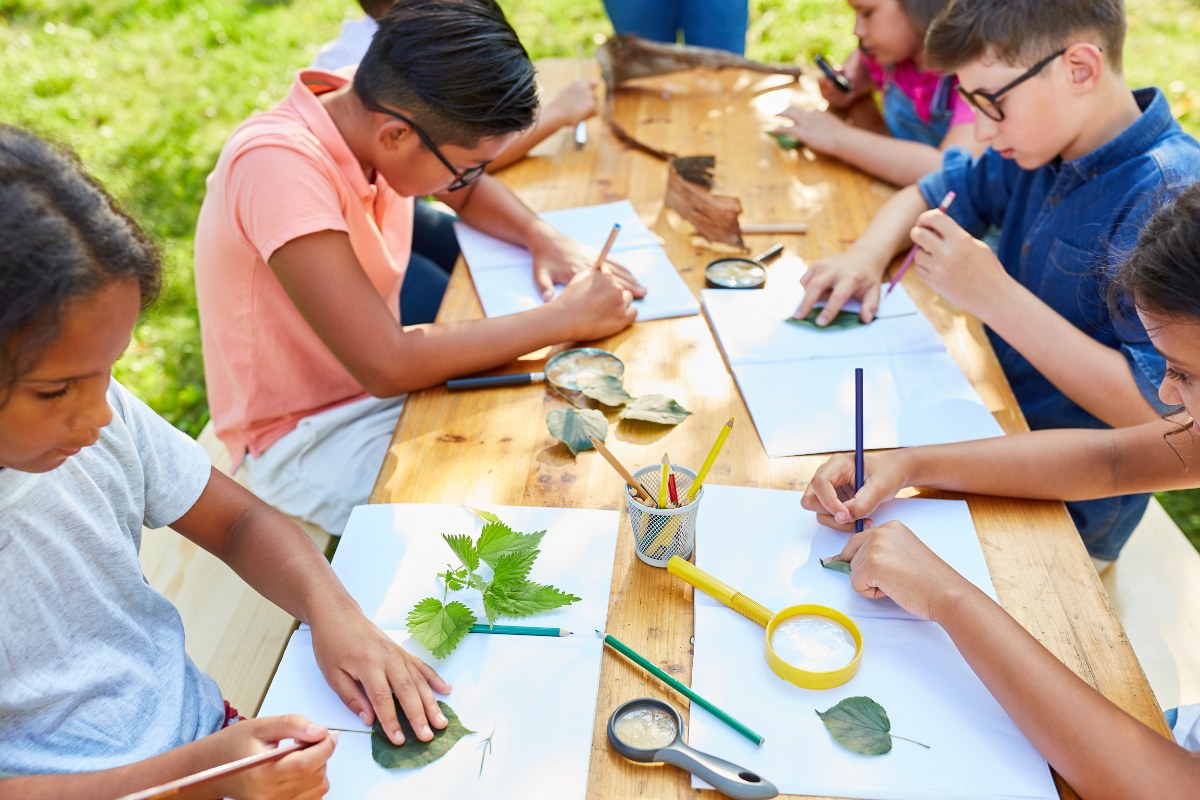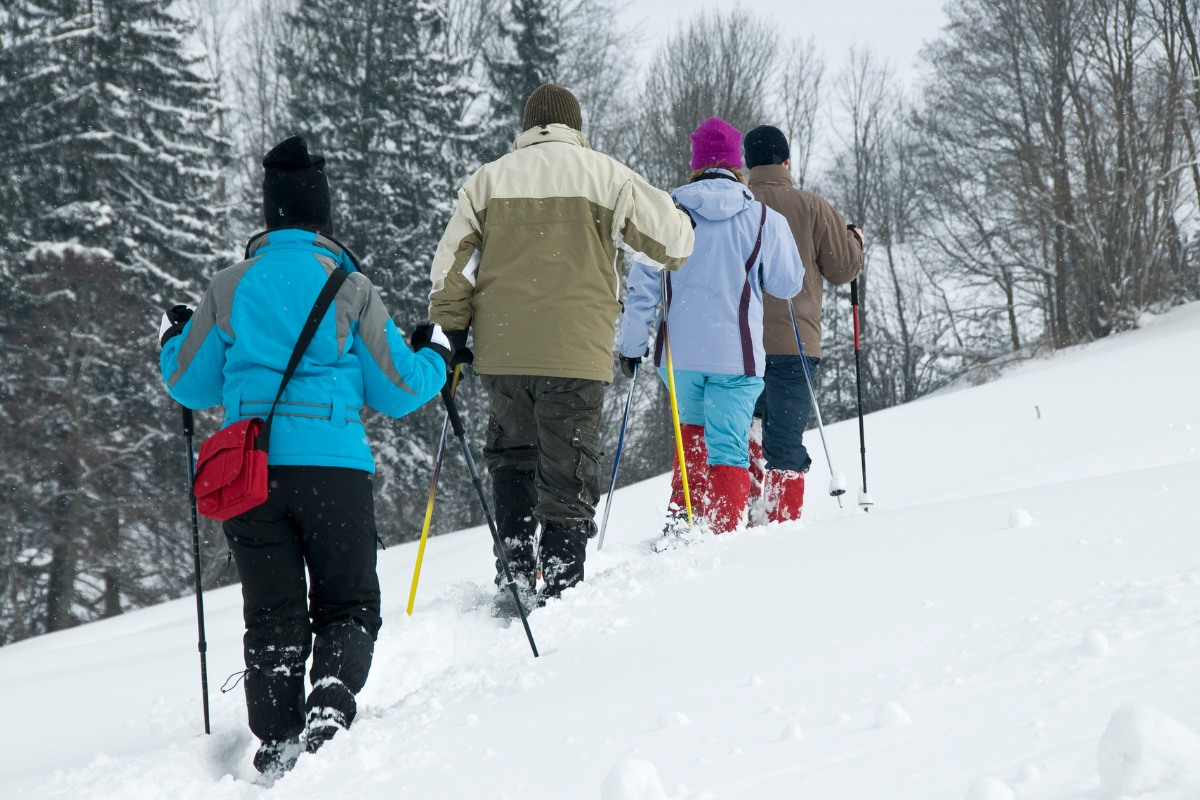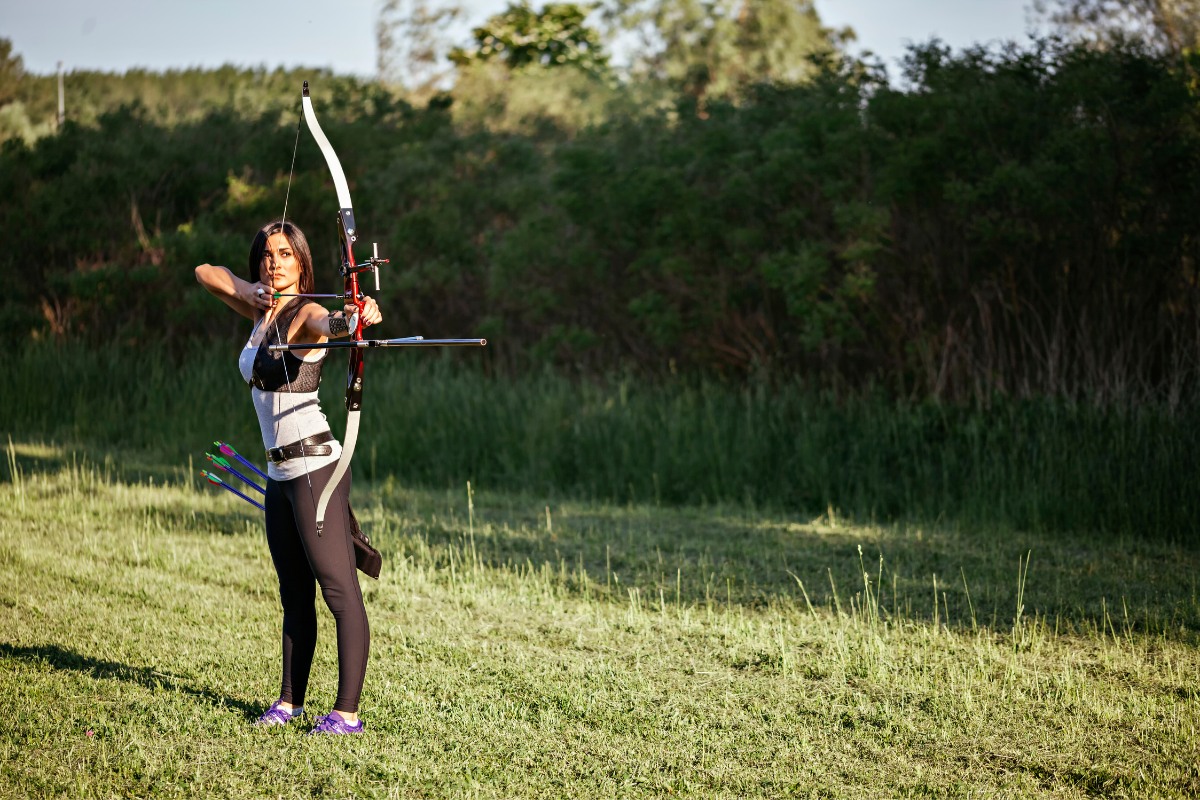Simple summer camp health tips will arm your child with the knowledge and supplies to keep them safe while at camp. Knowing that you are taking measures to protect their health will help lessen the separation anxiety of sending your child off to camp. Follow these health tips for summer camp to keep your child in good health this summer.
Stay Hydrated
Encourage your child to drink plenty of water throughout the day, to stay hydrated. Explain how they should not wait until they are thirsty to get a drink and that their body needs a continuous supply of fluid. This is one of the health tips for summer camp that can be first implemented at home. This will make staying hydrated a habit for your child before they ever go off to camp.
Don’t Share Personal Items
Teach your child the risks of sharing personal items while at summer camp. This health tip for summer camp includes grooming products, as well as clothing. Discourage your child from sharing a hairbrush with other children. This will help prevent head lice. Explain to your child that head lice is common, and their friends don’t have to look “dirty” to have it. Warn them against wearing someone’s shoes, to prevent contracting athlete’s foot.
Avoid Wild Animals
Warn your child of the dangers of approaching wild animals. Explain how these animals are not familiar with humans and may bite. Even curious and friendly animals may get scared and attack. Wild animals may carry diseases or bugs. Teach your child to appreciate these creatures from a safe distance.
Healthy Swimming
Swimming pools and holes can contain harmful germs that cause recreational illness. Some germs that can be contracted while swimming are: salmonella, pink eye, and Hepatitis A. Even after chlorination, some bacteria may still exist in swimming pools.
Swimming health tips for summer camp include not swallowing the water, not sharing towels, and showering before and after getting in the water. Discourage your child from getting in the water if they have an open wound, to prevent infection.
Water Safety
This health tip for summer camp cannot be stressed enough, to your child. While the risk of drowning at camp is nominal, this may depend on your child’s ability to follow rules. Teach them to never get in the water without a buddy, and definitely not without adult supervision.
Designated swimming areas and danger zones are marked for a reason, not just to spoil the fun. Stress the importance of wearing water safety gear, such as life jackets, while boating. Communicate with the camp on how well your child swims, so they can keep a closer watch on weak swimmers.
Use Sunblock
Prevent your child from becoming sunburned by teaching them to apply sunblock or sunscreen. They should apply it 20 minutes before going outside and reapply every two hours, especially if they are in the water. Send enough sunscreen with them to make it through their whole time at camp, or at least until visiting day.
You should look for a water-resistant sunscreen that has an SPF of 30 plus, with a broad spectrum UVA and UVB protection. If your child has sensitive skin, buy a sunscreen that is hypoallergenic and fragrance-free.
Protective Clothing
Your child will need a variety of protective clothing to remain safe at camp. Pack items that allow them to dress in layers, to cover all weather possibilities. Light-weight, light-colored clothing will protect them from the sun.
If your child is extremely sensitive to the sun, choose clothing with UV protection. Wide-brimmed hats and sunglasses will protect your child’s head and face. Provide blue jeans or khaki pants for nature hikes.
Insect Repellent
Send insect repellent to camp with your child to protect them from insect bites. According to the CDC, children should use an insect repellent containing DEET on themselves, and a permethrin insect repellent on their clothing. This health tip for summer camp may prevent an emergency situation for children who have extreme allergic reactions to certain bug bites.
Avoid Poison Ivy
If your child will be doing any hiking or taking nature walks at their summer camp, teach them to avoid poison ivy. Poison ivy has three leaves, with three smaller leaflets on each leaf. Show your child pictures, so they can learn to identify poison ivy on sight.
If your child does come in contact with poison ivy, have them wash their skin with cool water, to prevent the spread of urushol. Urushol is the sap substance in the plant, that causes rashes. Also treat itchy poison ivy rashes with oatmeal baths, calamine lotion, and over-the-counter medicines.
Proper Hygiene
Using proper hygiene is the most basic health tip for summer camp. Proper hygiene includes teaching your child to wash their hands after using the bathroom and before they eat. This will help prevent the contracting and spreading of germs.
Implementing these summer camp health tips will go a long way toward keeping your child safe this summer. It is just a matter of educating your child and providing them with protective supplies. After that, send them off with a smile and get ready for a relaxing summer.








